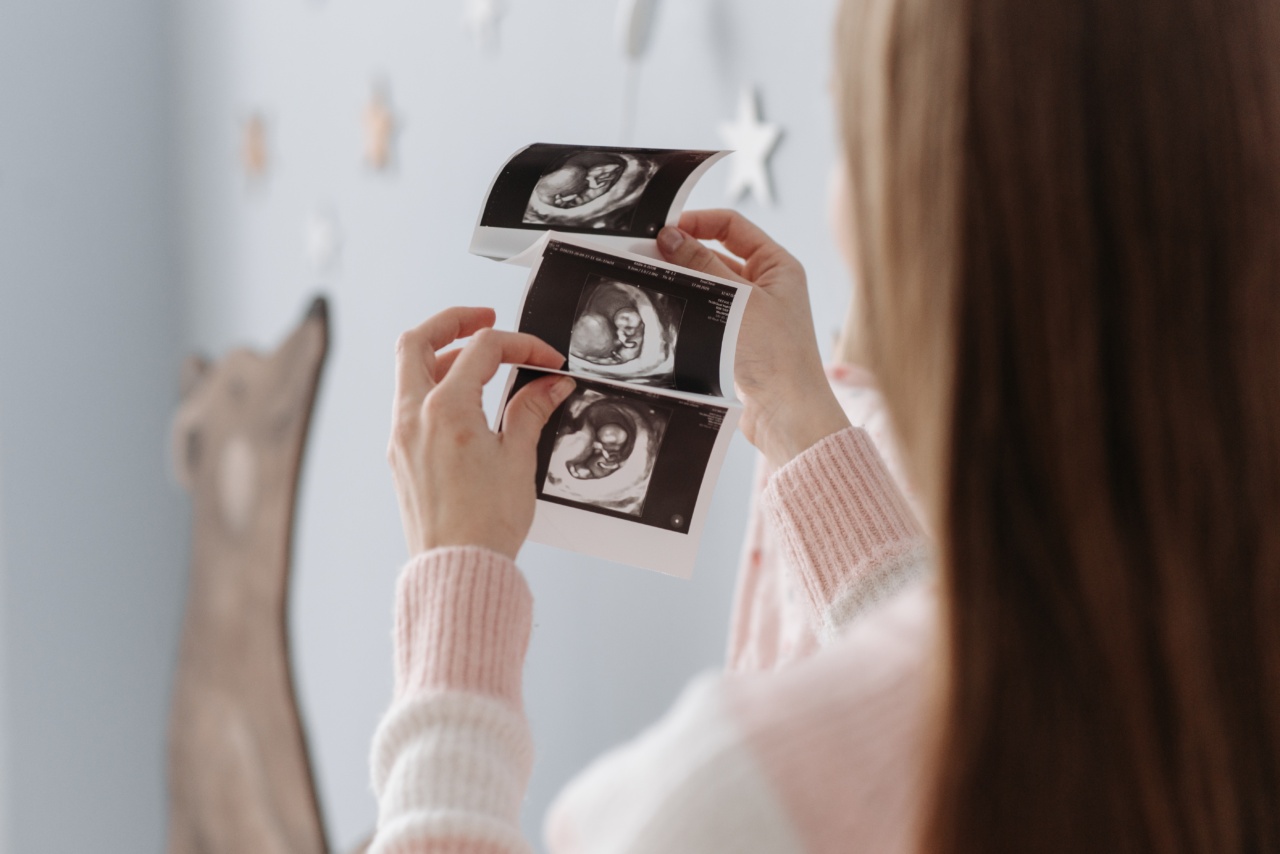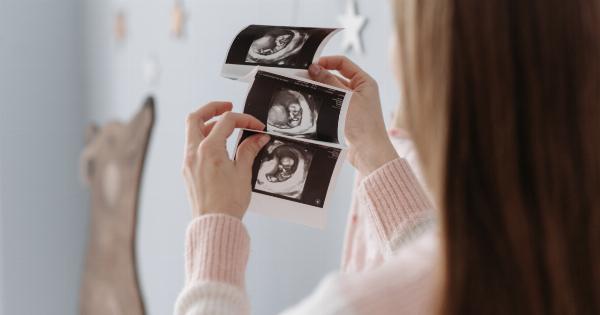Getting pregnant later in life is becoming more common, with many women choosing to start a family in their forties.
While becoming a parent later in life has its advantages, such as financial stability and emotional readiness, it also comes with increased risks and challenges for both the mother and the baby.
Risks associated with pregnancy over 40
Pregnancy over 40 is considered high-risk due to various health issues that may occur during pregnancy. These risks include:.
1. Increased risk of miscarriage
Women over 40 are at increased risk of having a miscarriage compared to younger women. The risk increases as the woman gets older. Women over 45 have a 50% chance of miscarrying.
2. Gestational diabetes
Gestational diabetes is a type of diabetes that develops during pregnancy. Women over 40 are more likely to develop gestational diabetes due to hormonal changes that affect insulin sensitivity.
3. Pre-eclampsia
Pre-eclampsia is a serious condition that affects pregnant women. It is characterized by high blood pressure and damage to organs such as the liver and kidneys. Women over 40 are at increased risk of pre-eclampsia.
4. Premature birth
Women over 40 are at increased risk of giving birth prematurely, which can lead to various health issues for the baby.
5. Birth defects
The risk of having a baby with a birth defect increases as the woman gets older. Women over 40 are at increased risk of having a baby with Down syndrome or other chromosomal abnormalities.
6. Placenta previa
Placenta previa is a condition where the placenta covers the cervix, making it difficult for the baby to be born. Women over 40 are at increased risk of placenta previa.
Challenges of getting pregnant over 40
Getting pregnant over 40 can be challenging due to various factors such as:.
1. Decline in fertility
Women’s fertility declines as they get older due to the decrease in the number and quality of eggs. This makes it more difficult to get pregnant.
2. Irregular periods
Women over 40 may experience irregular periods, making it harder to predict ovulation and conceive.
3. Hormonal changes
Hormonal changes can make it more difficult to get pregnant and may affect the quality of eggs.
What can you do to increase your chances of getting pregnant over 40?
There are several things you can do to increase your chances of getting pregnant over 40, including:.
1. Visit a fertility specialist
A fertility specialist can help assess your fertility and suggest treatments such as IVF or other assisted reproductive technologies.
It’s important to see a specialist if you’ve been trying to conceive for six months or more without success.
2. Maintain a healthy lifestyle
Eating a healthy diet, exercising regularly, and maintaining a healthy weight can help improve fertility and increase your chances of getting pregnant.
3. Consider egg freezing
Egg freezing is a technique that involves freezing a woman’s eggs for future use. This can be a good option for women over 40 who want to delay motherhood.
4. Use ovulation prediction kits
Ovulation prediction kits can help you determine the best time to have sex to increase your chances of getting pregnant.
5. Consider donor eggs
Donor eggs can be a good option for women over 40 who have difficulty getting pregnant with their own eggs.
Conclusion
Getting pregnant over 40 comes with increased risks and challenges, but it’s still possible to have a healthy pregnancy and baby at this age. It’s important to take steps to improve your fertility and seek help from a specialist if needed.




























